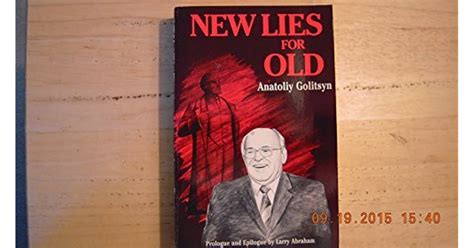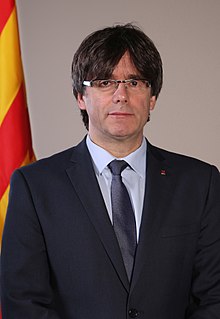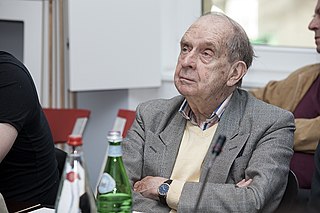A Quote by Mikhail Gorbachev
Related Quotes
The Soviet Union was brought down by a strange global coalition of Western European conservatives, Eastern European nationalists, Russian liberals, Chinese communists, and Afghan Islamic reactionaries, to name only a few. Many of these discordant groups disliked the United States intensely. But Americans were able to mobilize them to direct their ire at the Soviet Union first.
European peace movement felt that the deployment of these missiles on European soil, on German soil would be a very great danger towards the Soviet Union in that those missiles could reach the Soviet Union, make it vulnerable within five to six minutes, that it could surgical strikes, strikes into the military infrastructure and that a strike into the military infrastructure could cause in fact World War III, an atomic world war and that this could also be used for first strike, for surgical search, first strike into the Soviet Union.
The Soviet transition to a new political structure shows that the Soviet strategists are thinking, planning and acting in broad terms, way beyond the imagination of Western politicians. For this reason Western politicians cannot grasp the fact that the Soviet intention is to win by 'democratic' means. Through transition to a new system, the Soviets are revitalising their own people and institutions, and they are succeeding. Contrary to Western belief, they are holding their ranks together.
Kennedy was significantly different than Eisenhower before him, and different from Johnson after him. So those three years were the beginning of a détente with the Soviet Union, a new feeling for peace, a seeking out of a new ally with the Soviet Union - the end of the Cold War, as Kennedy called it in his American University speech.
This much I would say: Socialism has failed all over the world. In the eighties, I would hear every day that there is no inflation in the Soviet Union, there is no poverty in the Soviet Union, there is no unemployment in the Soviet Union. And now we find that, due to Socialism, there is no Soviet Union!
It is absurd for anyone to think that Soviet "Marxism" is a correct application of the thought of Karl Marx. No doubt Soviet propaganda represented it this way. But who believes Soviet propaganda? It is remarkable (but maybe not so remarkable after all, when you consider their motives) that apologists for capitalism, who would not accept Soviet propaganda on any other point, are eager to agree with it on this point.
For the institutions of the European Union are at present incomplete. A European Senate is badly needed to complete them. By creating an upper chamber in the European parliament, a new bridge could be built between national political classes, which retain democratic legitimacy, and the decision-making process in Brussels. Such a Senate should be recruited by indirect election from exisiting national parliaments.












































